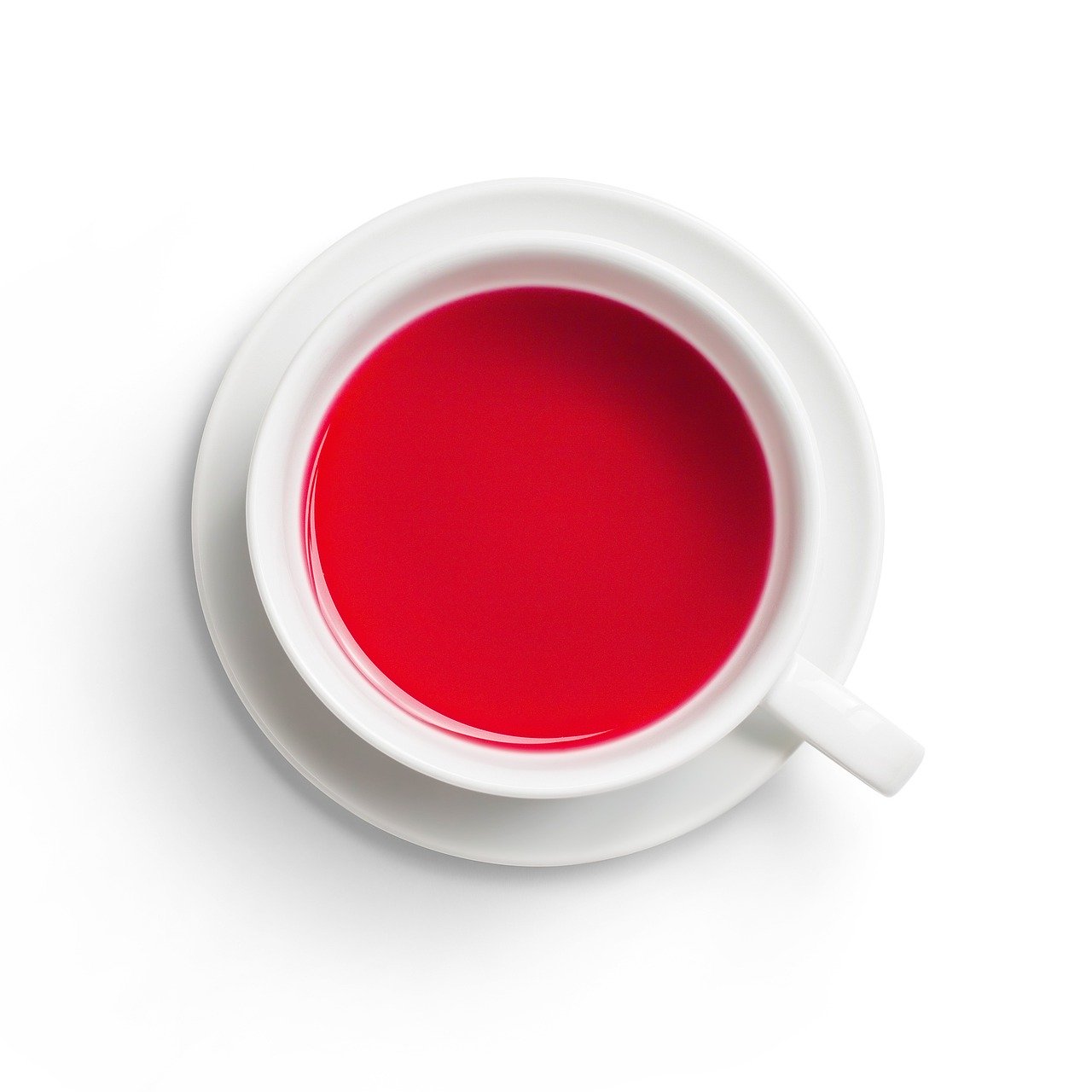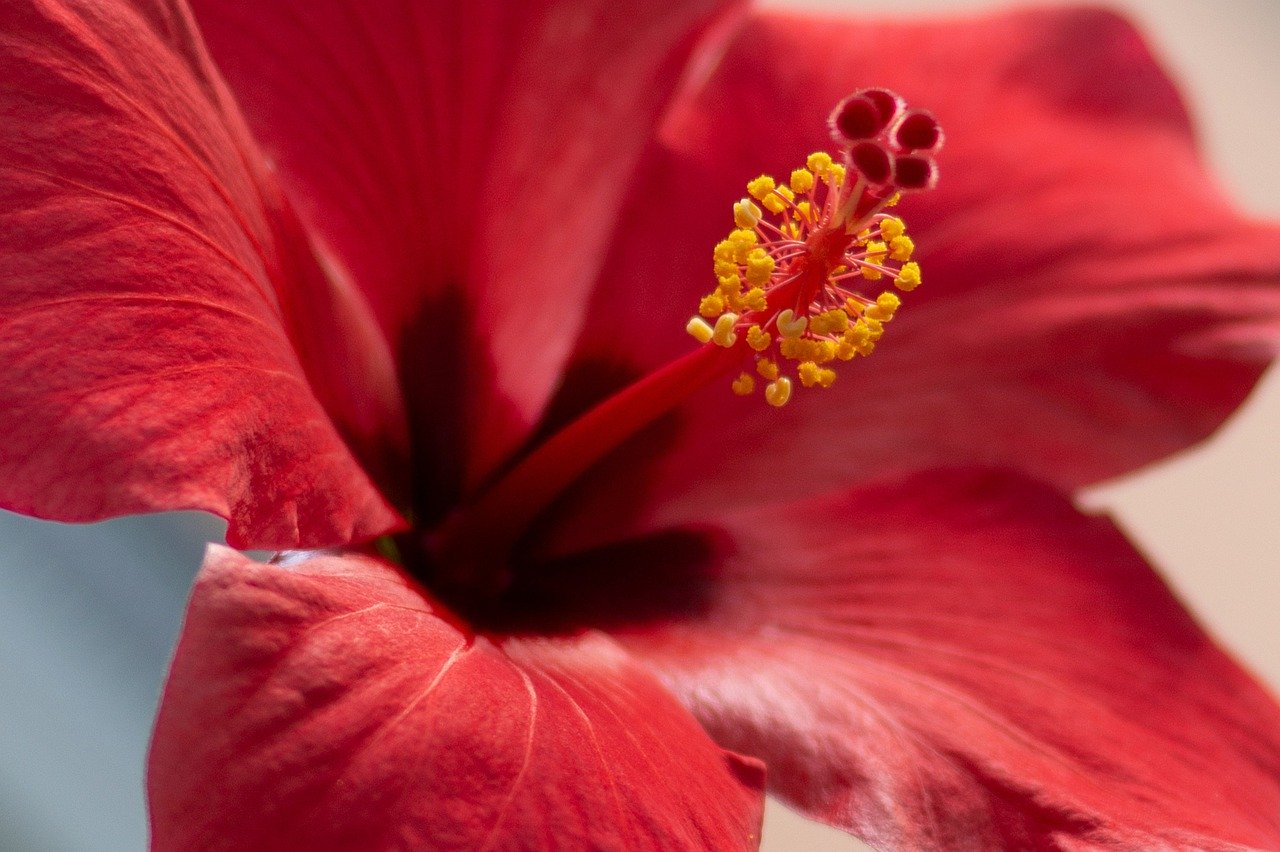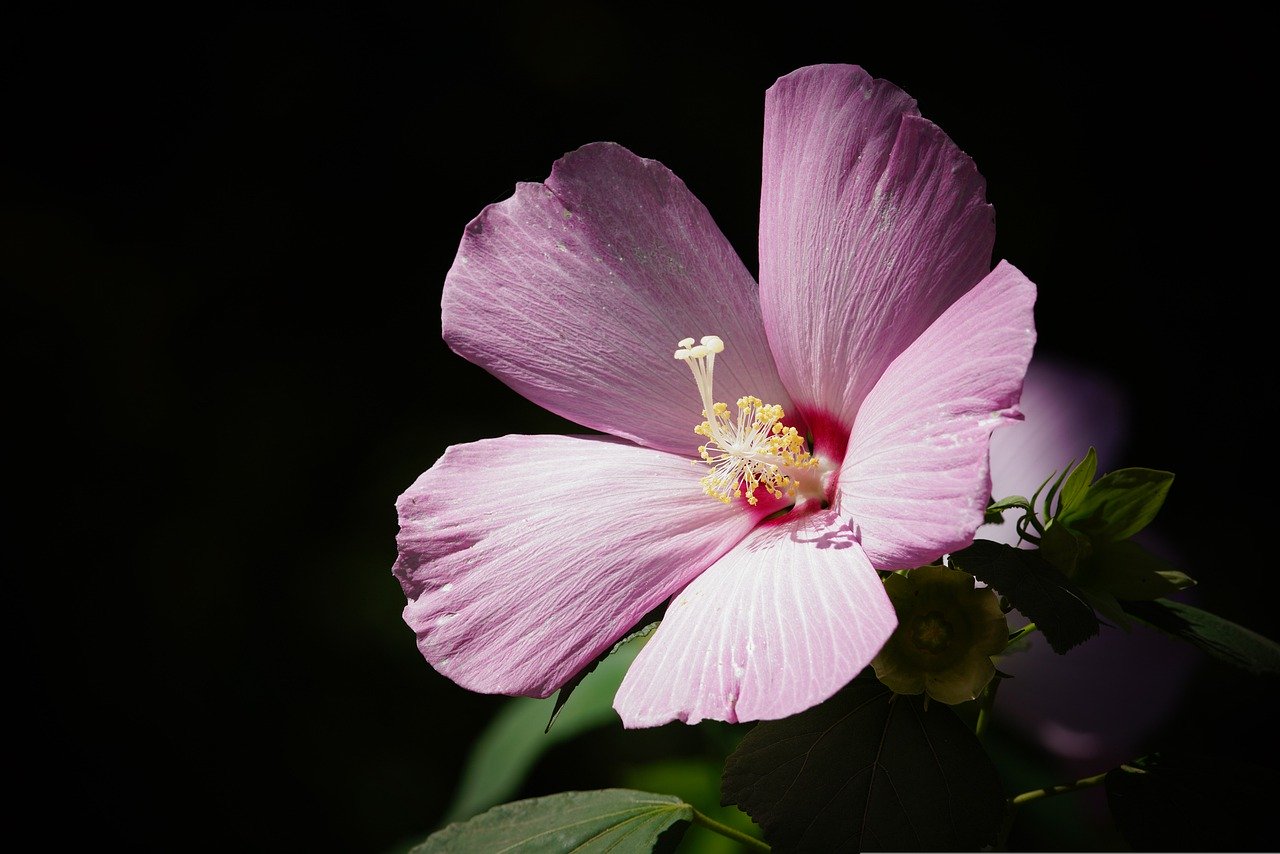Hibiscus, a wild plant, can be seen almost everywhere. This plant, which is known by various names such as Kazan karası, Develangir and İlbik, is generally pleasing to the eye with its purple flowers, but there are also varieties that bloom in different colors such as white and pink. It is possible to come across this healing-friendly plant, which can grow on its own, all over Turkey. It occurs spontaneously in places such as vacant land, fields and roadsides, and this plant usually blooms in late spring with colorful flowers.
WHAT IS MALLOW?
This plant, which is collected in the spring and summer months, is used in many areas to benefit from its various benefits. The dried version is available in herbalists and other vendors to be preferred in all four seasons. Dried ones are mostly consumed as tea and provide many benefits to the user. “ What is hibiscus? What are the benefits?” Questions can be answered with the vitamins and minerals found in this plant. Hibiscus contains potassium, zinc, calcium, iron, magnesium, iodine, sodium, selenium, vitamin C, vitamin A and B vitamins.
Hibiscus, which is extremely rich in vitamins and minerals, purifies the body from many diseases, from healing wounds to eliminating inflammation, from its relaxing effect to protection from cancer. Whether you consume it dry or wet, it provides both physical and mental benefits to the body. The known benefits of hibiscus can be listed as follows:
MALLOW BENEFITS

PLAYS AN ANTI-INFLAMMATORY ROLE
The first among the benefits of hibiscus is that it has a pain-relieving effect against injuries. The chemicals in the leaves of this plant easily heal the wounds in the body with its rich vitamin content. Likewise, it can create a relief effect on injured areas. That’s why hibiscus is included in face masks and topical headache medications.
Hibiscus also contributes to the immune system by preventing bacteria that can occur or may occur in injured areas. Hibiscus can be preferred for many skin problems and wounds such as insect bites, sunburns, rashes. Because this plant prevents the inflammation and swelling of the mentioned wounds.
REDUCES FEVER
Hibiscus, which is also preferred as an antipyretic, is used when suffering from flu and colds. This plant relaxes the body as it allows the body to sweat. In addition, it has the effect of balancing muscle pressure and regulating cholesterol.
RELAXING EFFECT IS FELT
Thanks to the essential oil contained in hibiscus, it relaxes the body both physically and spiritually. At the same time , it is possible to fall asleep easily with hibiscus tea . It also has a great effect on resting the mind and body. Because of this effect, it is included in some psychological drugs such as stress and anxiety. Some dentists even make use of hibiscus in anesthetic drugs.
PROTECTS ORAL HEALTH
Among the benefits of hibiscus is its effect on oral health. It is possible to protect your dental health by cooking from the leaves of this plant. Because these leaves contain anti-inflammatory and anti-bacterial components that will protect the gums from infections. In addition, the polyphenols in its content fight free radicals and thus prevent the formation of bacterial plaques. You can protect your oral health by gargling regularly with hibiscus tea.
RELIEVES RESPIRATORY TRACTS
People suffering from respiratory problems can get rid of this disease thanks to hibiscus. The use of hibiscus plays a relaxing role in respiratory distress and chest tightness. With its expectorant feature, it helps to clean the respiratory tract. In addition, it prevents the formation of inflammation and prevents throat swelling. Mallow can be preferred in the treatment of cough, bronchitis, asthma and throat infections.
PROVIDES A HEALTHY AND YOUNG SKIN
The aging of the skin caused by age and some cosmetic products bothers many people. Therefore, after a certain age, all the flaws stand out. At such moments, turning to products such as creams and gels containing hibiscus allows the skin to look brighter and more vibrant.
This benefit of hibiscus is due to its components that inactivate skin cells and fight free radicals that cause signs of aging. Likewise, vitamin A in its content gives the skin a young, lively and healthy appearance. Hibiscus tea is recommended for skin rashes, itching and eczema . Especially when taking a shower, using hibiscus for the whole body offers superior benefits.
Hibiscus also has benefits against hair breakage and loss. The use of products such as shampoo, cream and gel containing hibiscus prevents the aforementioned problems. Thus, you can have lively and lush hair.

ACTIVATES THE INTESTINES
Hibiscus also has the benefit of working the intestines. When the dried flowers and leaves of this food are consumed as tea regularly, it makes the intestines work. This tea regulates the digestive system and activates the inactive intestines, creating a laxative effect. Because it causes the intestinal walls to relax, allowing for better absorption of nutrients.
If you regularly consume hibiscus tea, seeing this benefit is to be avoided. In addition, hibiscus leaves can be mixed with spinach to make a meal. This helps to work the intestines, just like tea.
SOOTHES THE STOMACH
Among the benefits of hibiscus is the comfort it provides to the stomach. Drinking hibiscus tea is beneficial, especially when nausea is experienced. It also provides relief after vomiting. People who experience constant nausea or other stomach problems can get rid of these complaints by consuming hibiscus.
CONSUME AGAINST CANCER RISK
Green leafy vegetables have an important place in cancer prevention and recovery. Hibiscus, as a dark green leafy plant, contains plenty of chlorophyll. Chlorophyll has positive effects on many types of cancer.
According to studies, the beta-sitosterol substance in hibiscus helps prevent tumors in the prostate gland. People at risk of prostate cancer need to consume hibiscus.
STOPS NOSEBLEEDS
Hibiscus also helps in stopping nosebleeds. Especially in the summer months, cracking occurs in the nasal veins caused by the hot weather. The use of hibiscus quickly stops the bleeding.
END TOOTH AND GUM PROBLEMS
It is said that hibiscus is also good for gum problems. Toothache, gum problem, etc. In case of problems , gargling with hibiscus tea both strengthens gum health and eliminates bad breath. In this way, you can have healthy and bright teeth.

HARMS OF HIBISCUS
Hibiscus, which is a source of healing with its physical and spiritual benefits, has been used in traditional medicine from past to present. Known for its numerous benefits, this plant has no harm to the human body. Hibiscus, which is generally consumed as tea, is also used in the bath or in porridge.
It is necessary to pay attention to one detail when using hibiscus, which is the amount of use of this herb. There is no harm unless it is consumed more than the recommended amount. People who consume it as a regular tea need to decide on the amount with the recommendation of a doctor or the recommendation of a specialist.
Some people prefer hibiscus as a medicine. However, individuals who use it as a medicine should consult their doctor before using hibiscus. Drinking it at the recommended frequency and quantity ensures the benefit of this plant. Apart from that, hibiscus should not be consumed by pregnant women and nursing mothers. Otherwise, you will be faced with the harm of this herb rather than the benefit.





